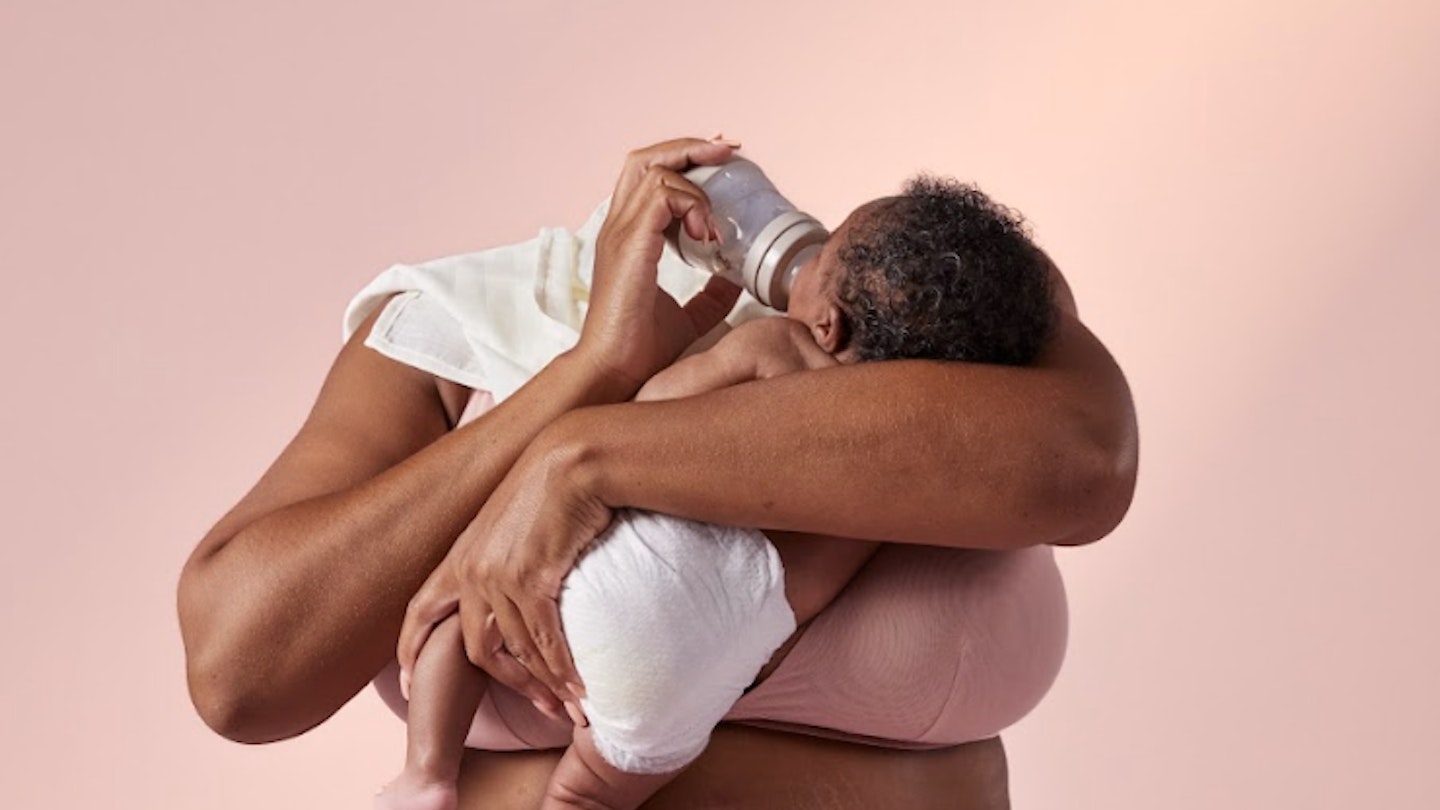They say motherhood is the hardest job you’ll ever love. As I cradled my first child, in awe of this little person, I was unaware of the hidden challenges that would soon unfold.
Those early days were a mix of unconditional love and stark loneliness. While I felt a sense of profound connection to my son (we were together all day everyday!) I simultaneously felt an overpowering sense of being alone. Voicing these feelings felt daunting: Would people judge me? Shame me? Or think I was unfit to be a mother? These doubts meant I internalized a lot of that emotion.
Before I became a ‘mother’, I was a wife, a friend, and a professional in a fast-paced environment. Each role had a rhythm and inherent visibility. Motherhood, however, felt like stepping into something unfamiliar.
My world shifted considerably. Friends, once just a Whatsapp away, now seemed distant - they were out clubbing while I was awake doing the night feed. Conversations shifted from career moves and weekend plans to nappy brands and feeding schedules. I missed my community, the shared laughs, the simple joy of being recognised as ‘Michelle’, not just ‘mama’. While my husband was applauded for his ‘sacrifices’ and contributions, I often found myself side-lined with my challenges overlooked.
As the emotional impact of isolation began to take a toll on me mentally, I yearned for genuine connections, a safe space where my feelings were recognised, where I could be seen and heard beyond my role as a mother. It was during this time that the idea for Peanut was born. If I felt this way, how many more women were out there searching for a community that understood them?
Peanut is more than a business; it’s a sanctuary for every mother who has felt unseen, for every woman wanting to be heard, to connect, to belong.
The findings from our ‘Invisible Mothers’ campaign are both staggering and heartbreaking. An overwhelming 72% of UK women feel invisible in their motherhood journey and 93% feel unappreciated, unacknowledged and unseen in this role.

In today’s age of curated social media feeds and the illusion of ‘having it all’, women are facing silent challenges daily. From juggling personal ambitions with the demands of motherhood to the palpable lack of postpartum support, the struggles are vast and often overlooked.
Societal expectations surrounding motherhood begin alarmingly early. A staggering 75% of women are questioned about when they will have children, bypassing their agency to decide if they even want children. It’s a challenging paradox: we’re encouraged to embrace motherhood, only to be left feeling unsupported and unseen once we do.
While society celebrates motherhood, it fails to truly recognise its complexity. ‘Invisible Mothers’ is a call to action: we must evolve and adapt, collectively shifting our societal narrative.
Simple changes in the way we speak to women can make a world of difference. Instead of the routine, “How is the baby?” Let's ask, “How are you, really? Emotionally, physically, mentally?”
Instead of, “When are you giving him a child?” let's open the space for, “Do you envision children in your future?” Our research report ‘The State of Invisibility’ includes valuable advice on how best society can reframe questioning to ensure women feel visible.
A change in language is just the beginning. Deeper systemic changes are crucial: fostering flexible workplaces, championing equal parental leaves, providing robust mental health resources, and challenging long-standing gender role narratives across sectors.
‘Invisible Mothers’ serves as an open invitation to the world–to partners, friends, colleagues, society at large–to understand, acknowledge, and support the complex journey of motherhood. With greater support and understanding, we can ensure every mother, every woman, feels acknowledged in her entirety.
